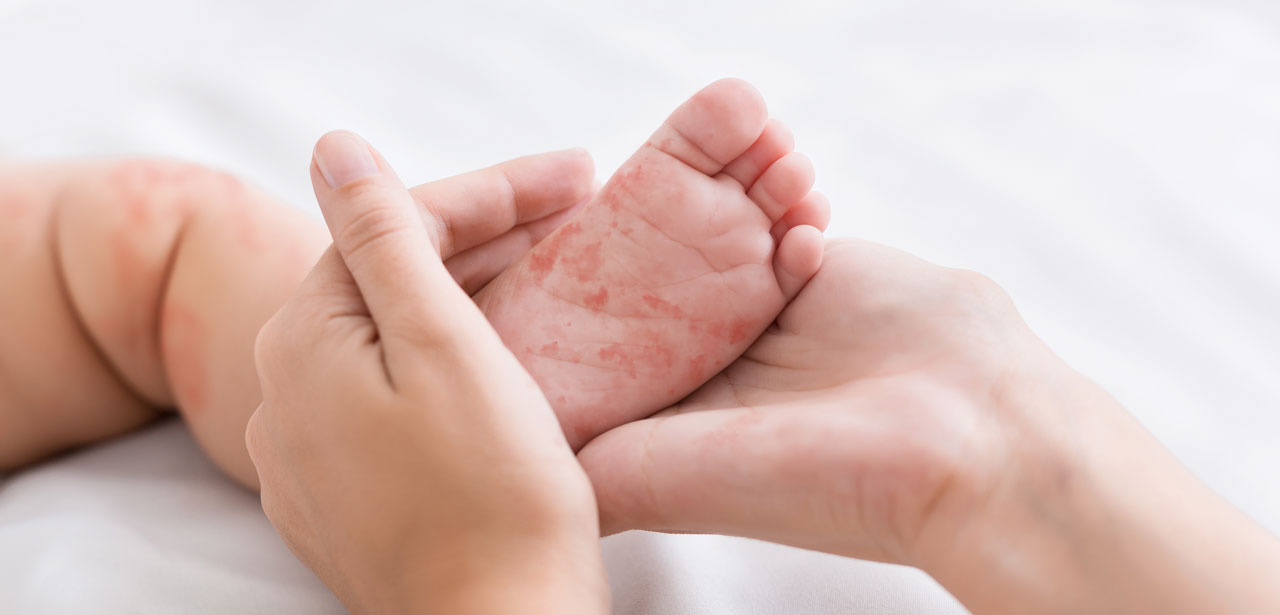Abstract The Maroni basin, an isolated region which lies between Suriname and French Guiana, has been affected by the HIV epidemic 10 years after coastal French Guiana. However, the rise in HIV prevalence was sharp with a prevalence exceeding 1% within 10 years. Stigma and discrimination towards people living with HIV (PLWHIV) or "suspected to have HIV" is rampant as reported by health professionals or non-governmental organisations. The objective of this article is to present the first quantitative data from the general population of this region on stigma towards people living with HIV. Data were collected in 2012 by a structured questionnaire among a random sample of 896 individuals residing in remote villages on the Maroni River. Proportion comparisons between the Maroni sample and the sample from the general population on the coastline in 2011 were conducted. Simple and multivariate logistic regression models were used to predict stigmatising attitudes. For all situations involving PLWHIV, the proportion of negative attitudes was significantly higher on the Maroni than in coastal French Guiana (p < 0.001). Findings indicate that the different levels of knowledge, erroneous beliefs and poor situation (not having electricity in one's home; not having French health insurance) were associated with stigmatising attitudes. The present data could help both sides coordinate interventions both at the individual level by improving knowledge and at the community level to change norms in order to reduce stigma and discrimination aiming for increased impact.[résumé auteur]
Auteur : Van melle A., Parriault M.C., Basurko C., Jolivet A., Flamand C., Pigeon P., Caudal J., Lydie N., Halfen S., Goerger-sow M.T., Nacher M.
Aids Care, 2015, vol. 27, n°. 2, p. 1-8


